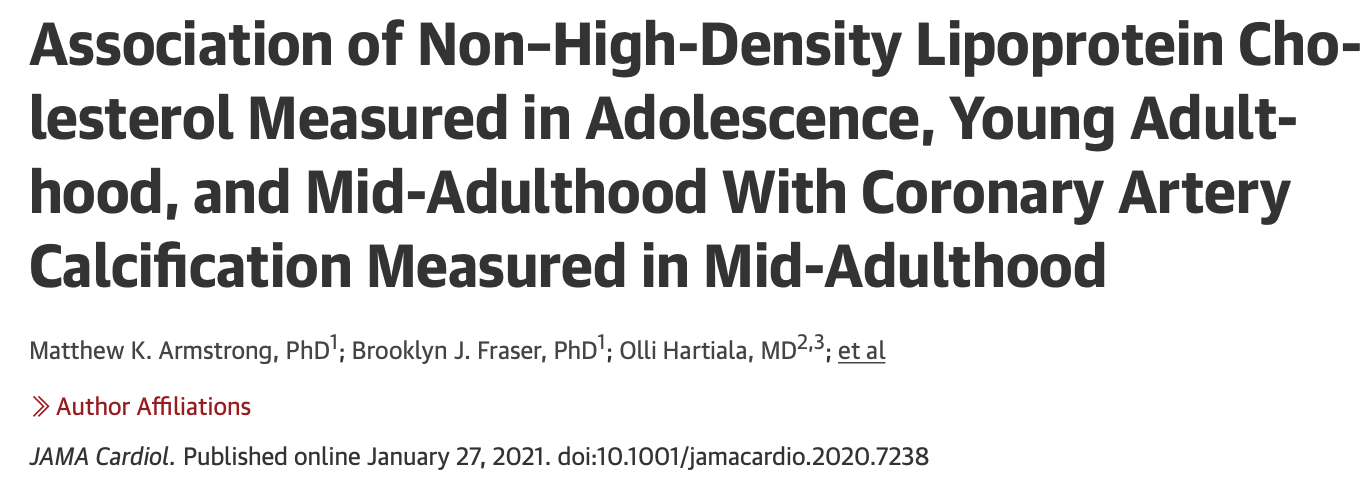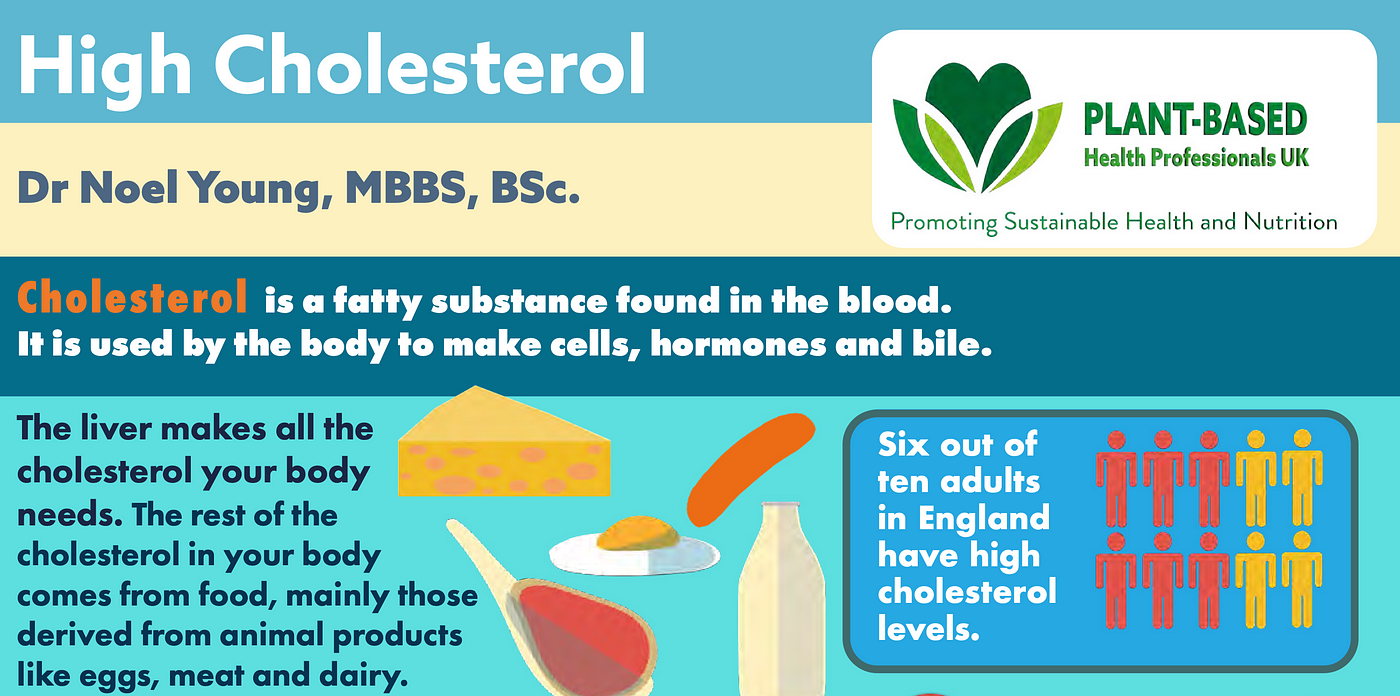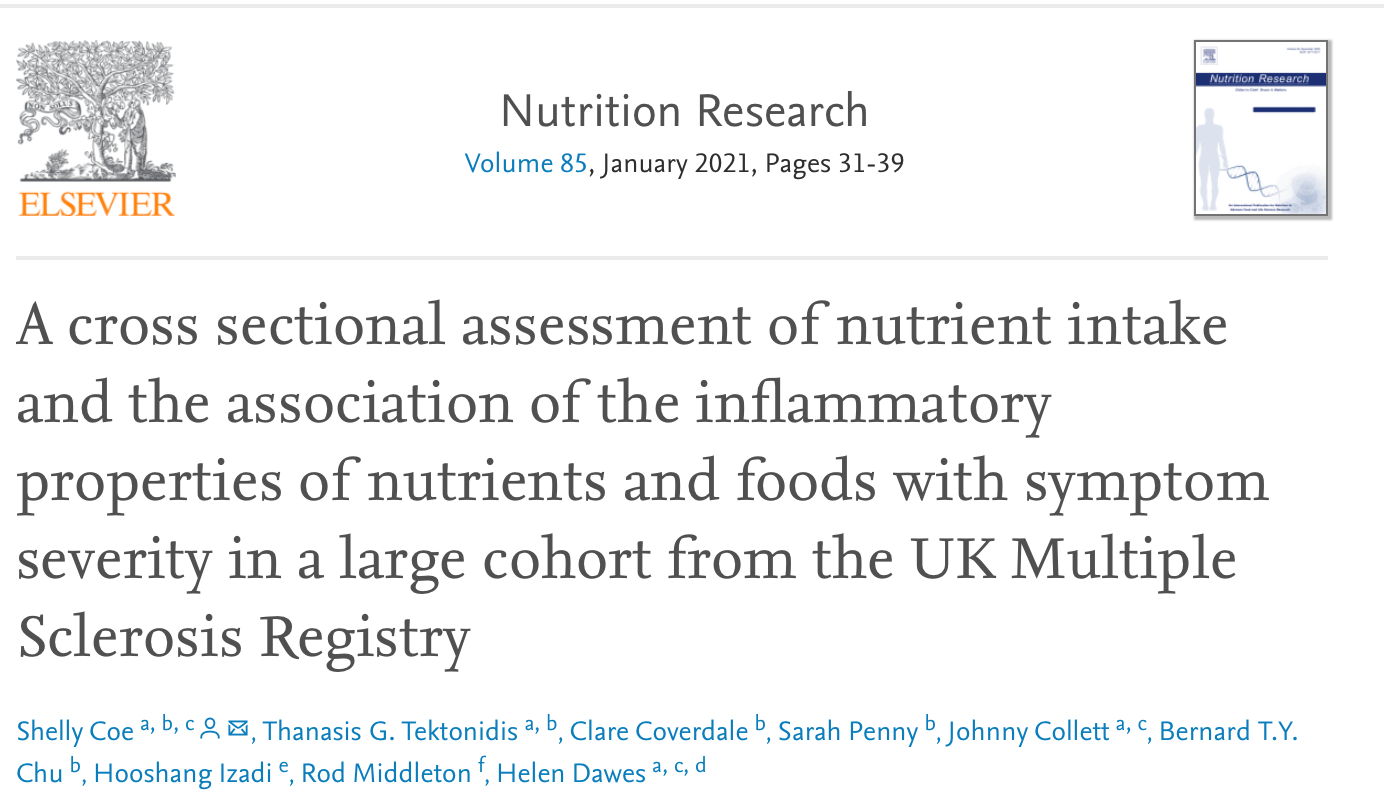Review of the week’s plant-based nutrition news 7th February 2021
This week more evidence to support choosing plant protein over animal sources, the importance of keeping blood cholesterol levels low, foods that support patients with MS and prevent stroke and the urgent need to transition to a plant-based food system.

CHOLESTEROL AND HEART DISEASE: There can be little doubt remaining that elevated blood cholesterol is a strong predictor of cardiovascular disease (CVD). It is usual to start to worry about this in mid-life, but we know that atherosclerosis starts in childhood, with some studies showing evidence in foetal life in mothers with high cholesterol levels.
This study asks an important questions. Do elevated blood cholesterol levels in adolescence predict the risk of heart disease later in life? The study included 589 participants aged 12–18 years at recruitment in 1980, and followed them for 18 years. Non-HDL levels were measured (i.e. total cholesterol minus HDL cholesterol, a measure of LDL and VLDL cholesterol) at 3 times points — baseline, young and mid adulthood. In 2008, CT scans were performed to determine coronary artery calcification (CAC), a strong predictor of future cardiovascular events. The results showed that non-HDL levels were a strong predictor for CAC. Non-HDL levels in adolescence had the strongest association of the 3 times points.
These results not only confirm that blood cholesterol levels matter, they confirm that it is important to pay attention from childhood. Dietary factors are the biggest predictor of blood cholesterol with a linear association with saturated fat consumption. Dietary cholesterol consumption has a smaller impact. A plant-based diet is the best way to maintain healthy cholesterol levels. Check out our latest factsheet on the topic.


WHICH IS THE BEST SOURCE OF PROTEIN? This is a much needed study as it asks an important question by performing substitution analysis. In nutrition science it's not enough to ask is a food or nutrient ‘good’ or ‘bad’, we have to ask ‘compare to what?’.
The study included data from 29, 682 participants from 6 US cohort studies followed for a median of 19 years and maximum of 31 years. Researchers determined the impact of protein source on CVD and all-cause mortality. They examined the impact of replacing eggs, processed meat, red meat, poultry and fish with nuts, legumes and whole grains.
The results showed that fish, nuts, legumes and whole grains, when substituted for eggs, processed meat, red meat and poultry, significantly reduced the risk of CVD and all-cause mortality. Even swapping out one portion per week resulted in a benefit, with a greater benefit for daily replacement of these foods. There was a greater impact for those consuming the most animal foods. Overall, there was up to a 14% absolute reduction in CVD and premature death.
This is the first study to provide substitution analysis for all major sources of non-dairy protein and its association with CVD and premature death. 31% of participants were non-Caucasian, predominantly black and Hispanic. Of note, consumption of legumes had a smaller than expected impact on outcomes, mainly because legume consumption was overall so low in these cohorts — median of 0.4 servings per week per 1000kcal. The authors summarise their data by stating ‘Based on this study, nuts and whole grains appeared to be the healthiest, and eggs and processed meat the unhealthiest, sources of protein. Fish was found to be the single not unhealthy source of animal protein. Substituting two or more protein foods for other protein foods, even for a small amount such as one serving per week, was associated with appreciably lower risks of CVD and premature death’.
So once again, plant sources of protein for the win. It would have been good to see a similar analysis for dairy protein consumption. In addition, although fish was not shown to be unhealthy in this analysis, there was no evidence to suggest fish consumption was necessary or contributing to good health, its just better than eating red and processed meat — no surprises here.

DIET AND MULTIPLE SCLEROSIS (MS): MS is an inflammatory and autoimmune condition affecting the brain and the spinal cord. Conventional pharmaceutical treatments slow the progression but rarely reverse or cure it. There have been observations that there is an increased risk of MS associated with the consumption of a Western diet pattern high in saturated fat and with diets low in polyunsaturated fat and low vitamin D levels. There are two main diet protocols that are popular with patients living with MS, the Swank diet and the Wahls diet. Here is an excellent summary of these 2 diet patterns that differ somewhat and I look forward to the results of the randomised studies. Dr Roy Swank was a proponent of a low saturated fat diet that limited meat consumption and emphasised fruits and vegetables. His observational study is the longest on diet and MS following patients for up to 50 years. The results suggested adhering to a diet low in saturated fat (<20% of calories) had less neurological deterioration. The Wahls study is a modified Paleo diet that emphasises meat, fruits and vegetables but avoids whole grain and legumes due to the lectin content, thought to be associated with increased intestinal permeability and immune activation. Both diets, although quite different, are likely to be healthier than the typical Western diet most patients are eating as both diets avoid processed foods and emphasise ‘real’ whole food and lots of fruits and vegetables. However, avoiding whole grains and legumes eliminated two of the healthiest food types and I would worry about the longer term risk of CVD and cancer.
In the mean time, this study adds to data suggesting that diet choices can make a difference in symptoms for people with MS. This cross sectional study included 2410 people with MS from the UK MS registry and compared their diet to 24, 852 controls from the an East of England population. Dietary intakes were correlated with standardised measures of fatigue and health-related qulaity of life. In particular, these patient-related outcomes were correlated with foods considered to be inflammatory (saturated fat, sodium, sugar, red meat and high-fat dairy products) and anti-anti inflammatory (carotene, magnesium, oily fish and fruit and vegetables).
The results showed that a better quality diet, lower in saturated fat and higher in fibre was associated with lower levels of disability. In addition, consumption of anti-inflammatory foods was associated with less fatigue and better quality of life. People with MS were more likely than controls to be taking vitamin D and omega-3 supplements and complementary therapies. Higher oily fish intake was also associated with improved symptoms. High red meat consumption was associated with worse fatigue, more pain and worse anxiety and depression. Those consuming the most carotenoids had better overall health and higher consumption of fruits and vegetables was associated with less anxiety and depression and better health. The authors conclude ‘we suggest that a diet rich in anti-inflammatory promoting nutrients and food will contribute to the alleviation of fatigue and in turn improve quality of life for people living with MS’.
Diets rich in anti-inflammatory foods by definition are predominantly plant-based, as anti-inflammatory and anti-oxidant compounds are only found in plant foods. Anti-inflammatory diets have been associated with a lower risk of a number of chronic diseases, including certain cancers, CVD, type 2 diabetes, mental health illness and cognitive decline. The role of fish consumption for me still remains unclear, as none of the studies confirm fish consumption is necessary but only that it is better than inflammatory foods such as meat, poultry and dairy. Long chain omega-3 fatty acids found in fish can easily be sourced from algae.

FLAVONOIDS AND STROKE RISK: Healthy diet patterns, such as the Mediterranean and DASH diets, are associated with a lower risk of stroke. In particular, fruit and vegetable consumption has been shown to be beneficial in a number of studies. The most recent meta-analysis on the topic showed that for every 200g/d of fruit and vegetable intake there was a 32% and 11% reduction in the risk of stroke, respectively.
The current study examined the impact of fruit consumption and in particular the intake of flavonoids in a large Japanese cohort of 39,843 men and 47,334 women aged 44–76 years followed for a median of 13 years. During this time there were 4092 cases of stroke (2557 cerebral infarctions and 1516 haemorrhagic strokes). The results showed that the consumption of flavonoid-rich fruits were associated with a significant reduction in stroke in women but not men. Women consuming the most flavonoid rich fruits had a 30% reduced risk of stroke, both ischaemic and haemorrhagic. Citrus fruits, strawberries, and grapes were particularly beneficial.
Some points to note. Men in this cohort in general had more unhealthy habits and were consuming much less fruits and vegetables than the women. The flavonoid intake in men was lower ranging from 4.6–129mg/day compared to 9.9–189mg/day in women. The men had a higher incidence of diabetes, more likely to be smokers and drank significantly more alcohol. These factors may well have resulted in residual confounding whereby any effect of flavonoid consumption was lost. Plus the men were just not consuming enough to overcome these other unhealthy lifestyle habits as in the women there was a clear dose effect. Interestingly the paper states that it is common to peel fruits in Japan which may be why apple and pear consumption did not show a positive effect as the skin contains most of the polyphenols and antioxidants. This study did not looks at the impact of flavonoids from non-fruit sources such as tea, chocolate and vegetables. Berry and cherry consumption is usually low in Japan too and was not considered in this analysis.
Flavonoids are a group of polyphenol compounds found in a variety of plant foods, including fruits, vegetables, tea, wine and chocolate. There are a variety of health benefits associated with the consumption of these compounds. I recently highlighted the benefit for prevention of dementia with 2 studies from 2020, one from the Framingham cohort and one from the Rush Memory and Aging Project. Prior studies have also suggested a benefit of flavonoid consumption for stroke prevention with studies from the Netherlands, the Nurses’ Health Study and a meta-analysis, which reported a 9% lower risk of stroke per 100 mg/day increment in flavonoids. So all in all, you really can’t go wrong with loading up on fruits and vegetables for brain health.

THE FOOD SYSTEM AND BIODIVERSTY LOSS: Each week I try and highlight the bigger picture. In the last year there has been no shortage of reports demonstrating the urgent need for a global transition to a plant-based food system to address both the climate and ecological crisis. This weeks report is from Chatham House and reiterates how the the current food system is the primary driver of biodiversity loss with an accelerating rate of species extinction that has never been seen before. This is because the conversion of natural ecosystems for crop production or pasture has been the principal cause of habitat loss, in turn reducing biodiversity. The current agricultural system is degrading soils and relies heavily on fertilizer, pesticides, energy, land and water, and on unsustainable practices such as monocropping and heavy tilling. The food system is also a major contributor to greenhouse gas emissions, thus driving climate change.
The report makes 3 main recommendations; First, a global shift to a plant-based food system. Second, to protect more land and set aside for nature. Third, to farm in a way that protects nature and supports biodiversity.
With 80% of global farm land used for animal agriculture, which in return only provides 18% of calories globally, something needs to change. Reducing or eliminating meat consumption will free up an enormous amount of land which can then be used to restore ecosystems. This will have the benefit of not only improving planetary health but also human health. We don’t need more evidence, we just all need to shift to a healthy plant-based diet.
If you have found this article useful, please follow my organisation ‘plant-based health professionals UK’ on Instagram @plantbasedhealthprofessionals and facebook. You can support our work by joining as a member or making a donation via the website
